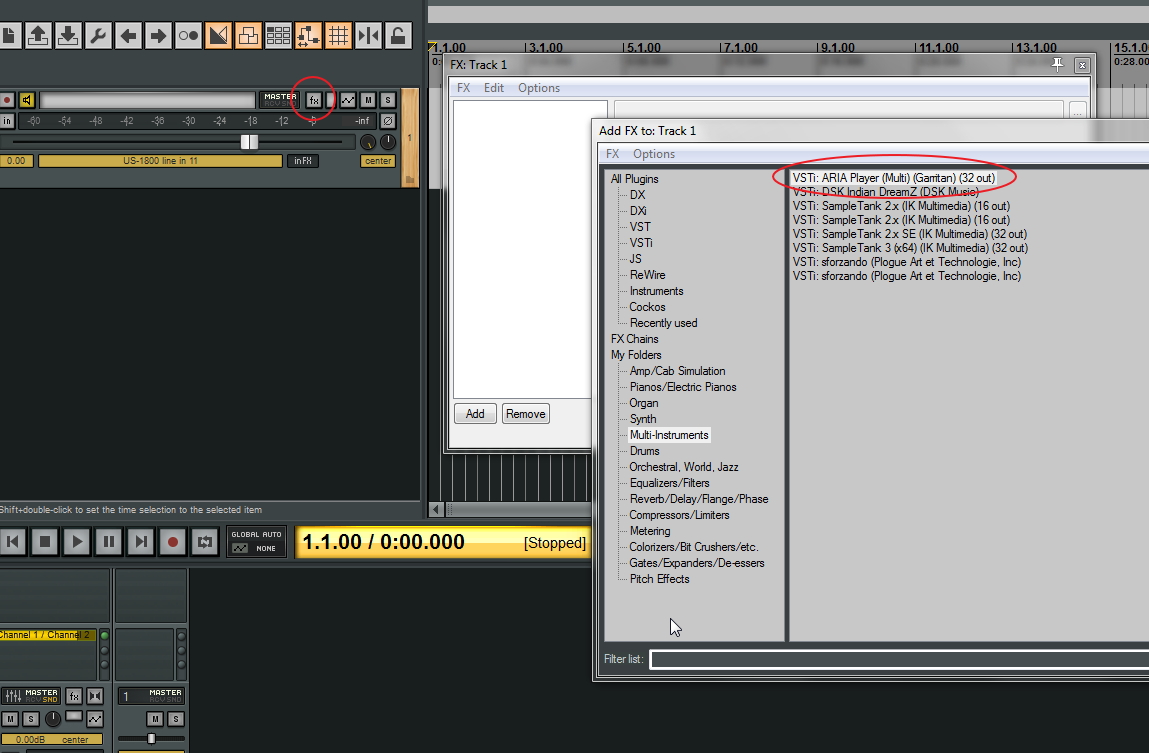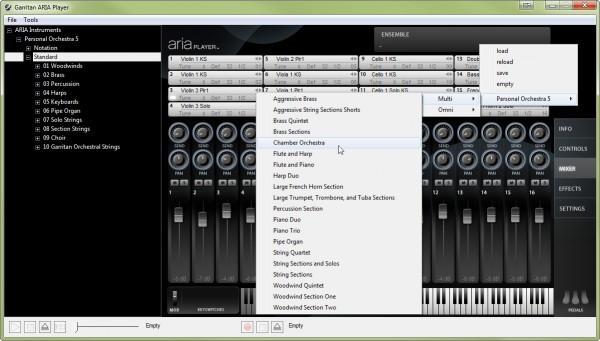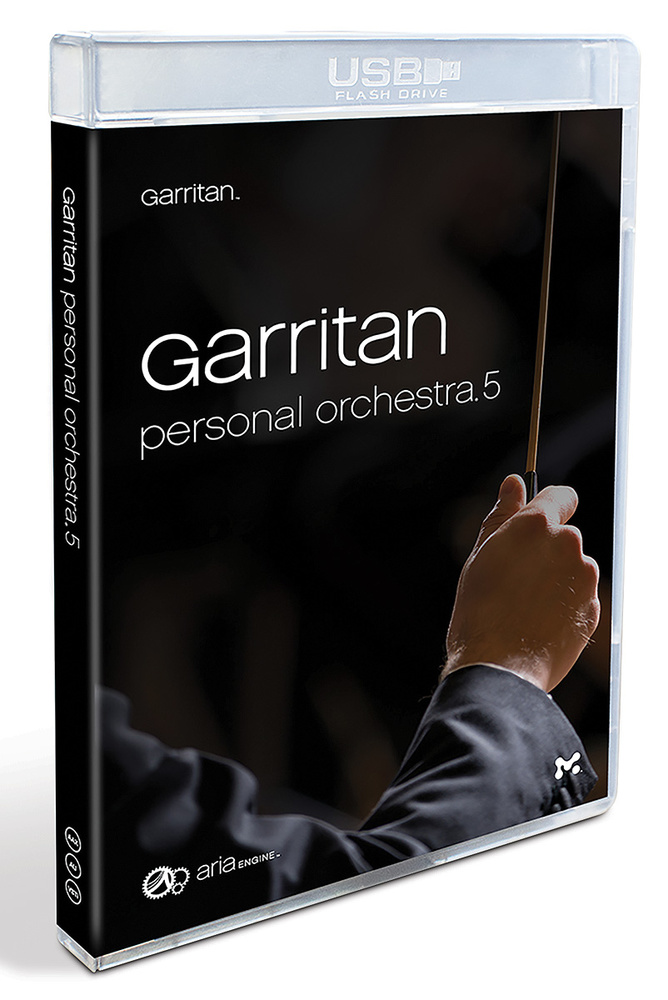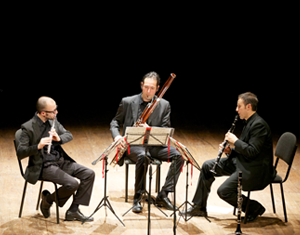
His descendants still live in Vienna His name, of course, will live for ever thanks to his foresight in commissioning the Quartets from Beethoven. He retired from the diplomatic service and lived out his days as a recluse. The next morning Razumovsky was found wandering among the ruins, his eyes irreparably damaged by the smoke. In the middle of the night, after everyone had retired to bed, a heating flue from the main building into the extension caught fire, set fire to the extension and the flames spread to the main building.

To accommodate all the guests a wooden extension had been built onto the embassy. The Tsar and Tsarina were amount the guests. He threw a sumptuous party in it on New Year’s Eve 1814, to celebrate the conclusion of the Congress of Vienna. A great patron of the arts, he spent huge amounts of his own, and Russian government, money on rebuilding the Russian embassy, filling it with art and Canova sculptures. The third, from the very first bar of the first movement, is without doubt the least easily accessible.Ĭount Razumovsky led an ultimately unhappy life. long and difficult … profound and excellently wrought but not easily intelligible – except perhaps for the third, whose originality, melody and harmonic power will surely win over every educated music lover. The respected musical journal of the time, the Allgemeine Musikalische Zeitung, got it spectacularly wrong when it wrote: The first movement begins with a wonderfully lively and memorable melody, and the second movement begins with a single note repeated so often on the cello that cellists of the day thought Beethoven was playing a joke on them and refused to play it! For his benefit Beethoven includes Russian themes in the first two of the set.

Middle Quartetsįorming the bulk of the Middle Quartets are the three Razumovskys, so called because they were commissioned by the Russian ambassador in Vienna, Count (later Prince) Razumovsky, himself an accomplished musician who played second violin in his own quartet. There are light moments – the whole of no.3 (in fact the first to be composed) is lighter than the other five – but listen to the fourth movement of no.6. Do not make the mistake of considering these Early Quartets to be ‘lightweight’ Beethoven. The completed versions are stunning, displaying a whole panoply of emotions.


It is certain that he went on to revise fully at least one, possibly two or more of the remaining set.


 0 kommentar(er)
0 kommentar(er)
